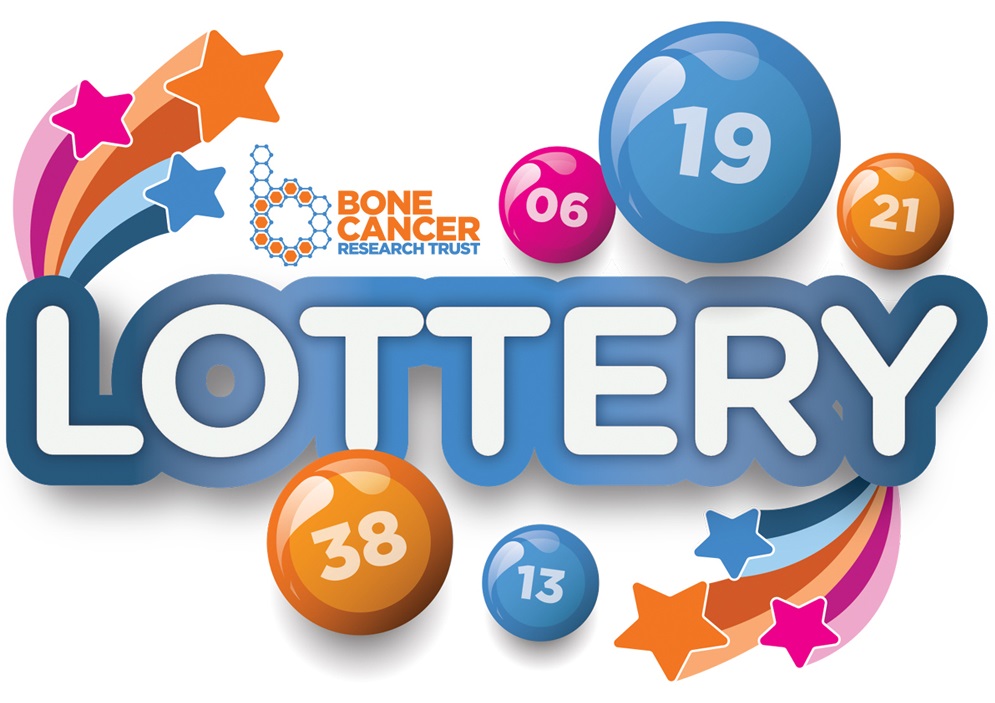Most Common Lottery Numbers: Myth or Strategy?
Lotteries have fascinated people for centuries, offering the tantalizing dream of instant wealth. While winning is largely a matter of chance, many players believe that certain numbers appear more frequently than others. But is there any truth to this belief, or is it just a myth? Let’s explore the data, strategies, and common misconceptions surrounding lottery numbers.
The Appeal of Common Lottery Numbers
Many lottery players are drawn to the idea that some numbers are “luckier” than others. This belief often stems from statistical observations, where certain numbers have been drawn more frequently over time. Players often research past draws, looking for patterns that might increase their chances of winning result macau.
The Myth of “Hot” and “Cold” Numbers
Many lottery players use “hot” and “cold” number strategies:
Hot numbers are those that have been drawn frequently in recent games. The belief is that these numbers are “on a streak” and are more likely to appear again.
Cold numbers are those that haven’t been drawn in a while. Some players believe these numbers are “due” for a win and bet on them expecting a comeback.
However, these ideas do not align with probability theory. Every lottery draw is an independent event, meaning that previous outcomes do not influence future results. The likelihood of any number appearing remains the same in every draw.
Do Common Numbers Increase Your Chances of Winning?
Choosing frequently drawn numbers does not actually increase your odds of winning the lottery. Every number combination has an equal probability of being drawn. However, using common numbers can impact your potential winnings in one way: prize sharing.
If you choose numbers that many other players also select, and those numbers win, you may have to share the jackpot with multiple winners. This means your actual payout could be lower compared to choosing less common numbers.
Strategies for Picking Lottery Numbers
While there is no proven way to predict winning numbers, some players use different strategies when selecting their numbers:
Random Selection
Using a quick-pick option (where the computer randomly selects numbers) is a popular method. Since the lottery is entirely random, this method is just as valid as choosing numbers manually.
Avoiding Common Sequences
Many players choose birthdays or anniversary dates, which limits their number range to 1-31. This means that numbers above 31 are less commonly chosen, potentially reducing the chance of splitting the jackpot.
Mixing Odd and Even Numbers
Some players believe that a mix of odd and even numbers offers a better balance. While there is no statistical proof that this increases winning odds, historically, winning combinations often include a mix.
Checking Past Winning Numbers
Even though past results don’t influence future draws, some players enjoy analyzing patterns to make educated guesses. Lottery apps and websites provide databases of past draws that enthusiasts study for trends.
The Role of Luck in the Lottery
Ultimately, winning the lottery is a matter of pure luck. No strategy, pattern, or commonly drawn number can guarantee a win. Lotteries are designed to be random, ensuring that every ticket has an equal chance of success. While it can be fun to analyze numbers and develop strategies, it’s important to remember that there is no foolproof way to predict the outcome.
Final Thoughts
The idea that some lottery numbers are more common than others is based on historical observations, but it does not translate into a winning strategy. Each lottery draw is independent, meaning past results do not affect future outcomes. If you play the lottery, the best approach is to do so for entertainment, rather than relying on a specific set of numbers to win.




Post Comment